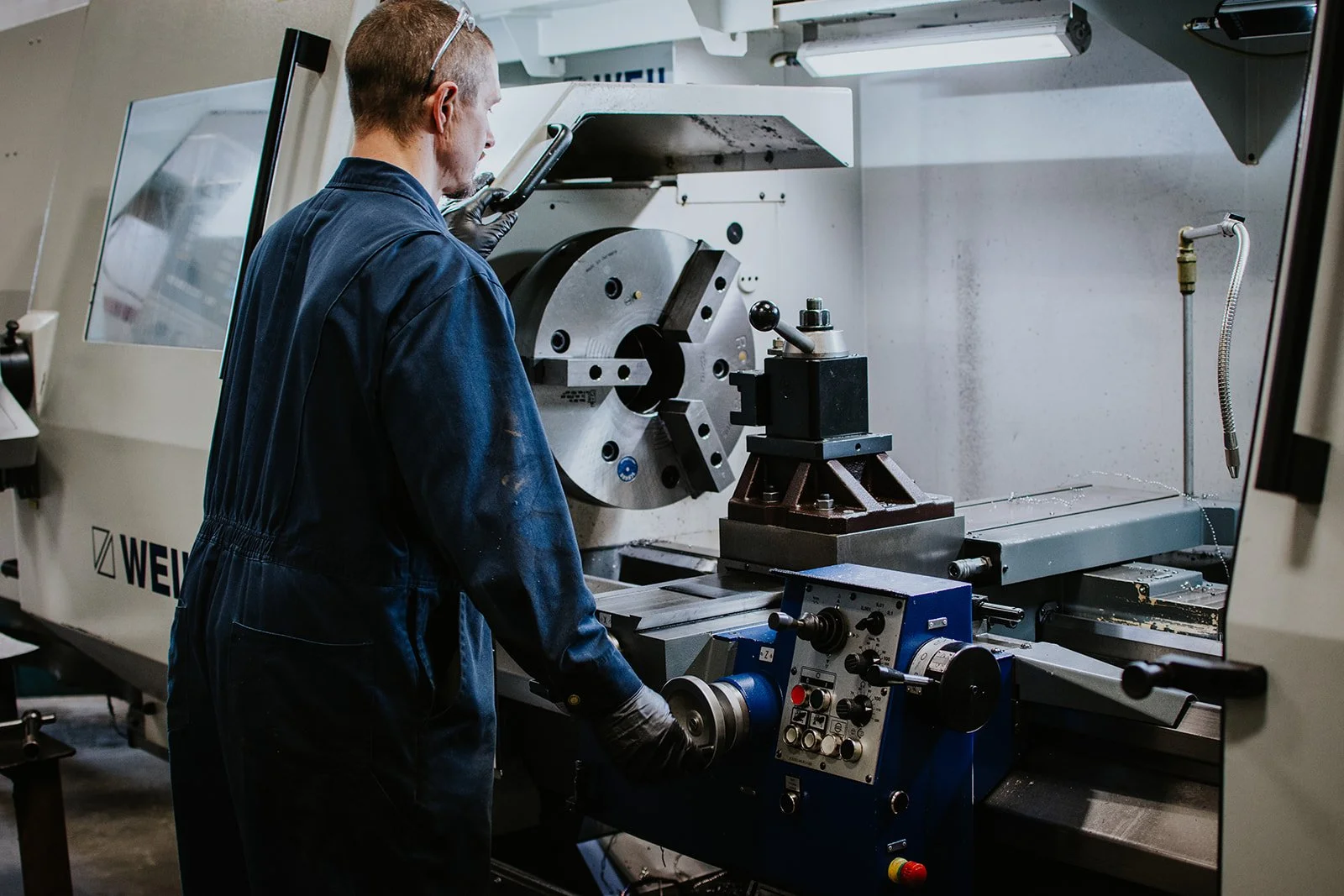Signs Your Hydraulic Cylinder Needs Repair
Preemptively keeping your equipment in good condition prevents more costly repairs later, and your hydraulic cylinders are an important component to maintain. Watching for signs your hydraulic cylinder needs repair means you can tackle a problem before it becomes worse. Here are some indicators to watch for.
You notice leaking
If you start to notice hydraulic fluid leaking from below the gland, it may indicate your seals are not working properly. The sooner your seals are replaced, you’re less likely to encounter further damage to the parts of your hydraulic cylinder.
You hear loud banging noises
Your hydraulic cylinders should be operating smoothly, and thus not making loud noises such as banging, grinding, or knocking. These sounds could be an indication of air in the fluid or cavitation, which can cause overheating and burning of seals. If you hear these sounds, stop operation immediately to prevent further damage and book an inspection.
Your hydraulic cylinder is too hot
It is normal for certain hydraulic cylinders to increase in temperature during operation, but they can also overheat. If your cylinder seems to be running hotter than usual, it may indicate abnormalities in the parts or operation and should be inspected. Manufacturers will have a maximum operating temperature, so it is best to diagnose the problem if you suddenly find it is too hot.
The piston rod is beginning to wear
The piston rod in your hydraulic cylinder is intended to work linearly, so any wear or damage to the rod itself can indicate there is a problem inside the cylinder, such as misalignment, excessive lateral loading, or the rod itself is bent. If not corrected, this type of wear can lead to complete failure of the hydraulic cylinder.
Your hydraulic cylinder starts jerking
The operation of your hydraulic cylinder should be smooth. If it starts to jerk or hesitate during use, it could be an indication of increased friction, damaged piston rod, damaged seals, or insufficient lubrication.
Your cylinder does not move at all or leaks down
This is a common problem that can be due to a failed piston seal, or sometimes there is nothing wrong with the cylinder but the valve that operates it is faulty. Check for adequate flow and pressure coming to the cylinder to determine which one has failed.
Some signs of wear and damage are more urgent than others, but it is always prudent to have the problem diagnosed before it causes more damage to your hydraulic cylinder. Contact us today to have your hydraulic cylinder diagnosed and repaired by our qualified technicians.

